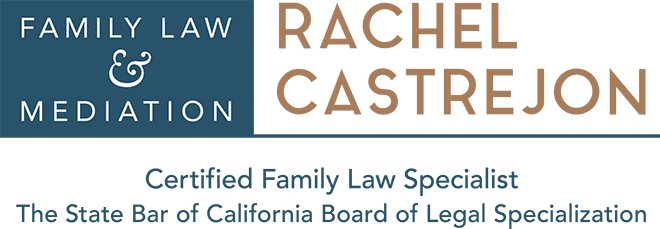5 Ways to Protect Your Divorce Property Equalizing Payment

Frequently, divorcing couples agree to divide property pursuant to a settlement agreement. Often, one of the parties is obligated to pay the other party an “equalizing payment.” The equalizing payment is the means by which both parties leave the marriage with substantially equal assets. Property division pursuant to a divorce agreement is a non-taxable event and, therefore, the party receiving the equalizing payment will not need to pay taxes on the amount received.
Equalizing Payment Pitfalls
Many times, an the parties agree to the equalizing payment being paid in installments over time. While this may be a convenient method of making a significant payment in comes with some pitfalls for the recipient party.
- The payment(s) do not survive bankruptcy.
The party who is to receive the equalizing payment should consult with counsel to determine the best way to protect the equalizing payment in the event that the payor files for bankruptcy and seeks to discharge the equalizing payment pursuant to the bankruptcy. - Lack of payment on schedule causes unwanted attorney’s fees and costs.
If the payor does not make timely payments, the recipient would have to file an action with the court to enforce the terms of the agreement. This can be costly. Also, if the payor simply does not have the money to make the payments, an enforcement action may have little economic gain. - The recipient does not have the benefit of the funds at the time of the divorce.
If a payment plan is agreed upon, the recipient of the equalizing payment does not get the benefit of the funds until all of the equalizing payments are made. This deprives the recipient of the ability to use, invest of receive interest on the funds.
There are ways to protect against some the pitfalls described above.
- Consider agreeing to a support order that is not dischargeable in bankruptcy.
- Require a deed of trust against real property assigned to the payor. The deed of trust should secure the entire amount of the equalizing payment.
- Require interest to be paid on installment payments until paid in full.
- Specify remedies for failure to timely pay (i.e. sale of property, liquidation of
- If bankruptcy seems like a possibility, consult with a bankruptcy attorney.
It is very important to consider all the ramifications of property settlement prior to signing a divorce and property settlement. The information provided above is just a general overview of some of the issues that can arise. Each situation is unique and needs an independent evaluation of the terms of the settlement agreement to determine the best way to secure a property settlement.
